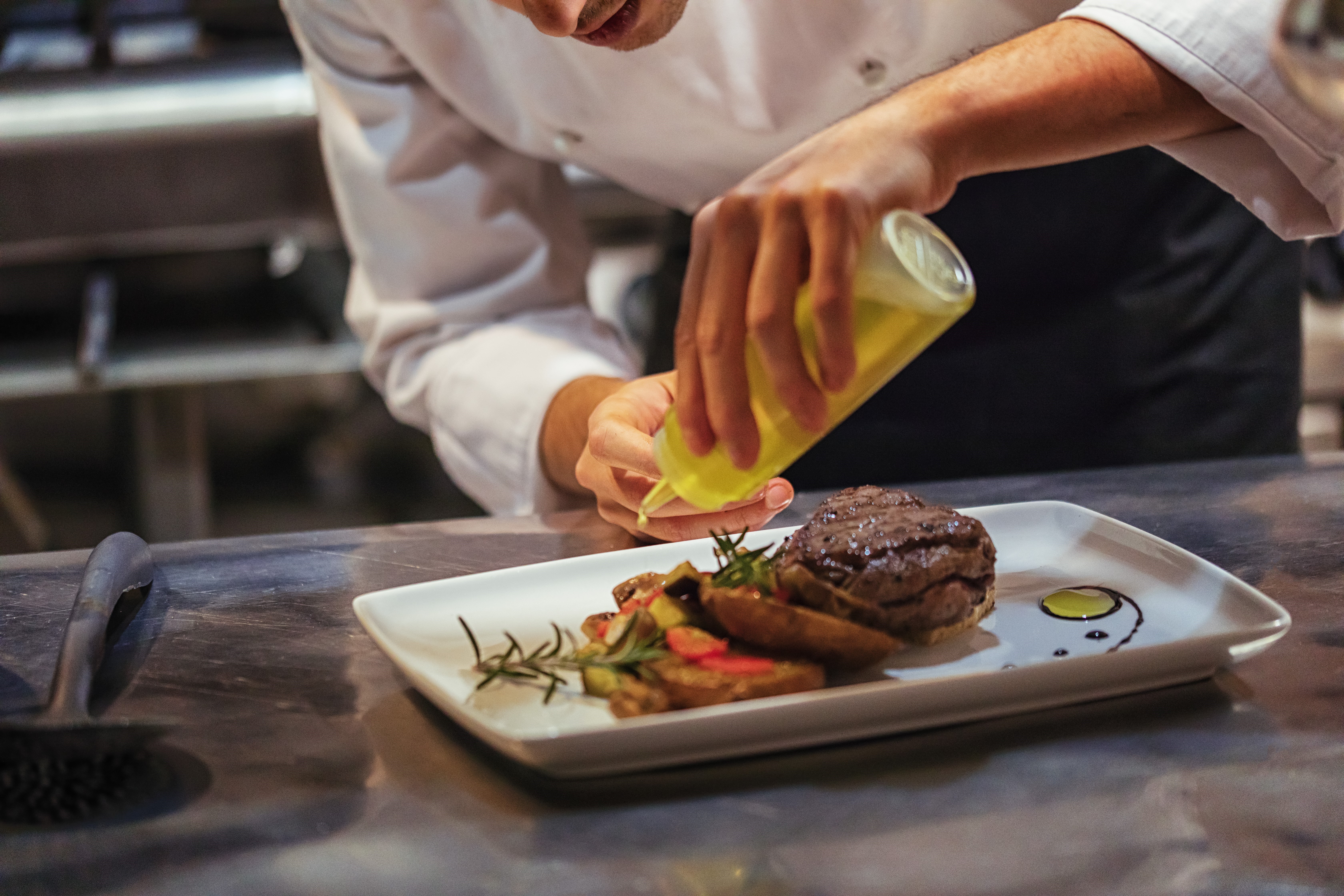


One of the biggest issues facing the meat and poultry industry is the current grading system.
The grading system defines the specification of an animal and plots a farmer’s animals across a grid to assess them in terms of fat content, conformation and weight. This determines how much farmers are paid; especially from the biggest retailers who have very specific requirements. Farmers often feel penalised by the abattoirs when carcasses aren’t aligned to customer specifications. We believe the industry needs to get better at communicating as this would ensure farmers have sufficient time to adapt and meet customer demands. We’ve been liaising with the National Farmers Union and the Agricultural & Horticultural Development Board to understand how we can support them in driving change in this regard.
Quality is not just about systems, it’s also about innovation
That’s why we choose our wholesale food suppliers with the utmost care. Price, of course, is always a factor but it’s always important to balance this with quality and delivering products that meet our client’s specific needs. We’ve been working with Nigel Fredericks Limited, our strategic partner for meat, poultry and game for more than six years now. We value their insights driven approach and their pragmatic approach to innovation. We asked Andy Esson, Head of Operations at Nigel Fredericks Limited about what their commitment to customer insights and innovation means in practice.
“You might be surprised to hear that innovation in protein is challenging. This is especially true here in the UK where we are very traditional with the meats we use. In the recent past, leaner turkey mince options threatened to oust traditional beef mince. After that, Ostrich meat was rumoured to be the next big thing, but these innovations just haven’t proven as popular with consumers as some had anticipated.”
“This insight allows us to better support our clients in planning. Understanding the balance of products our clients use means we can contribute to a better carcase balance. Ultimately, this helps us become a more compelling supply partner.”
We work with a great network of farmers and processors who are committed to bringing products to market that meet our clients’ demands. This may sound like a no brainer, but it is often tempting for them to chase the most lucrative ranges. We help bring it all together by offering volume and diversity on the products that really matter.”
If you would like to find out more about how Foodbuy works with its suppliers to drive value through the supply chain – and how your business can benefit from it, connect with Charlie Hudson via LinkedIn to start the conversation.
